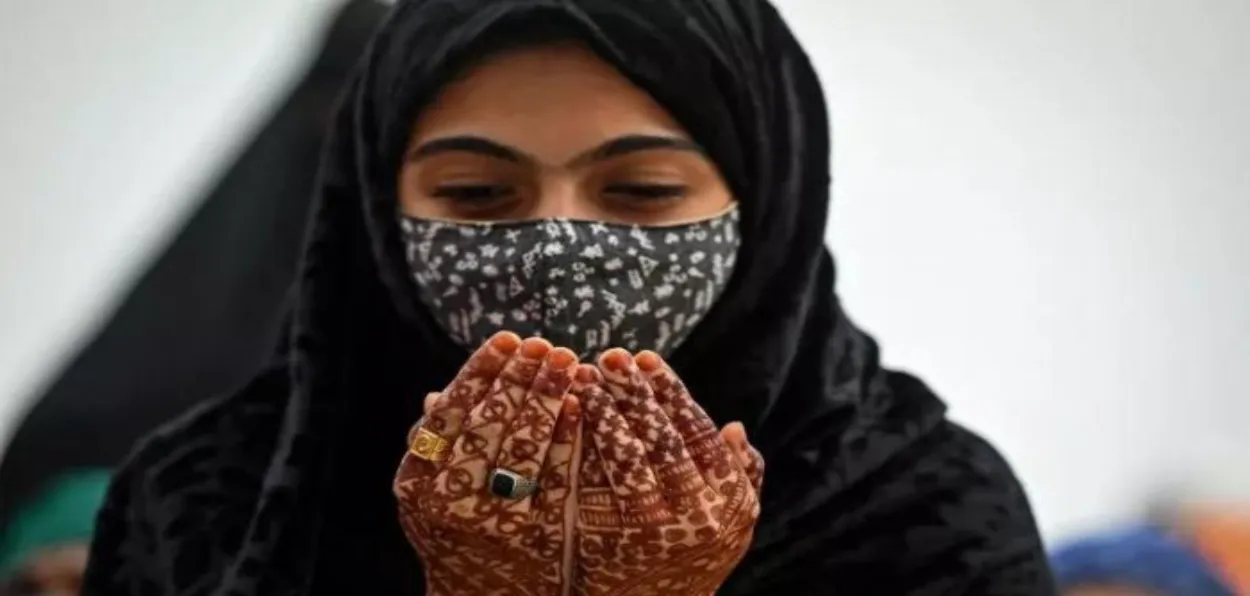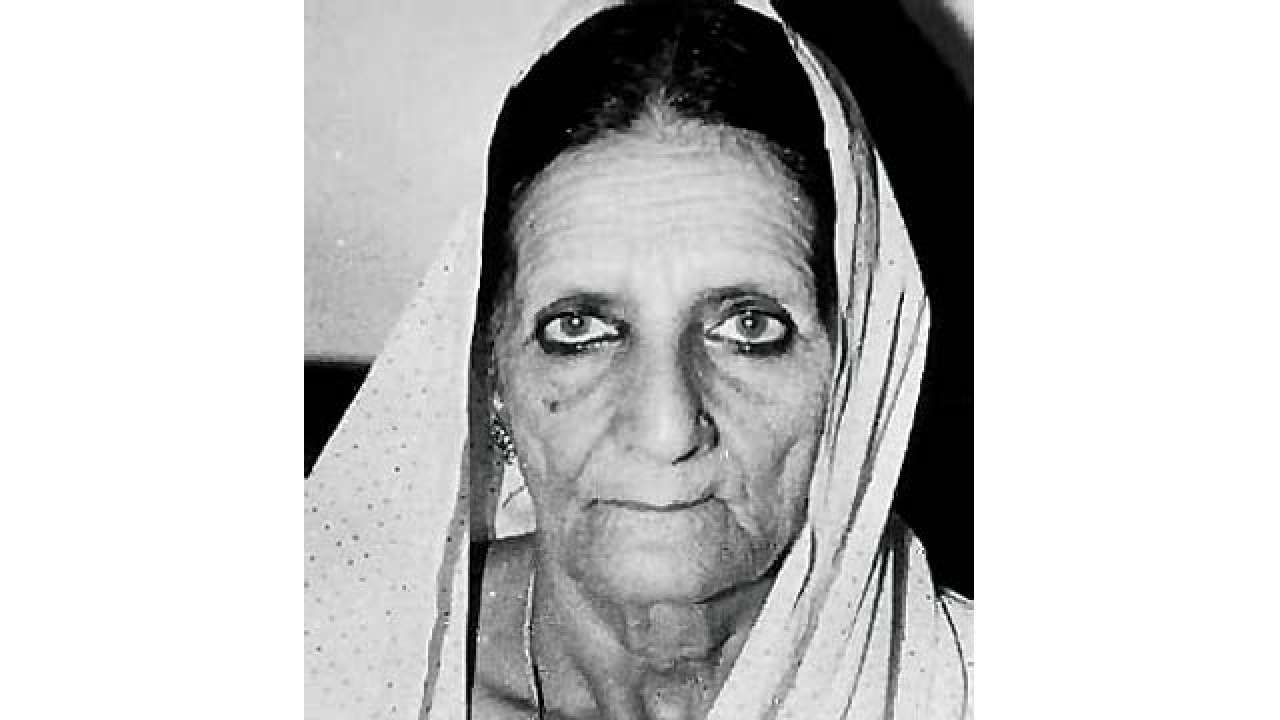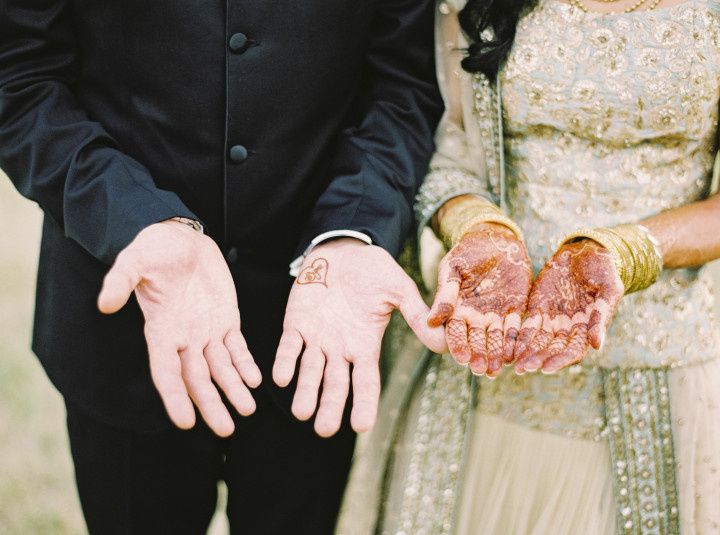
Roshan Ara and Imanuddin
It’s no exaggeration to say that the All India Muslim Personal Law Board is an organization that is mostly responsible for the pathetic condition of Pasmanda Muslim women. The organisation supports the eligibility for marriage at the age of 15. By the way, AIMPLB is a non-governmental organization and its stated object is the protection of Sharia law. This organization has opposed every reform in Muslim society ever since it was founded in 1972 during the reign of Indira Gandhi. Even though it describes itself as a non-political organization, AIMPLB is a social and political organization of Muslim elite Ashraafs.
The younger generation may not know about Shah Bano.
Shah Bano was a Muslim woman from Indore, Madhya Pradesh who won a case against her husband who had denied her alimony of Rs 200 after he divorced her at the age of 62.
Her advocate husband Muhammad Ahmad Khan left her to fend alone with five children way back in 1978. Khan was initially living with Shah Bano and his other wife for years. After the divorce, he promised to pay her an alimony of Rs 200 per month, but he soon stopped paying it to her.
Shah Bano approached the Supreme Court against her husband’s arbitrary withdrawal of alimony and won the case. A big section of Muslim society, including the AIMPLB, was dead against the judgment. They said it’s against the Sharia law. The AIMPLB launched a major movement across the country against the award of alimony granted to Shah Bano Begum. The Congress government led by Rajiv Gandhi bowed to the powerful Ashraaf-led movement against the judgment and with its brute majority in the Lok Sabha, passed a law reversing the judgment of the Supreme Court.

Shah Bano Begum
The incident sums up the attitude of the AIMPLB towards social reform in Muslim society. Also, it reflected the Congress party’s appeasement of the Ashraafs as the hallmark of its attitude towards Muslims. Congress thus strangled the reformists in Muslim society and ended the scope of any further reforms. Congress had given precedence to the Ashraafs over the welfare of Muslims.
The age limit of marriage is considered 15 years according to Muslim law. The law takes its origins from this: "The guardian of a boy or girl below the age of 15 years can contract marriage with such an adult, but in this case, it is also necessary that the adult is less than seven years old. Do not be." Amir Ali says that "In the two schools of Hanafi and Shia, in the case of men and women, the presumption of majority is taken on attaining the age of 15 years, provided that majority is proved. There should be no evidence that it has been obtained before. In the case of Shia women, the age of adulthood coincides with menstruation, and in the absence of direct evidence, it has been hypothesized that menstruation begins between the ages of 9 and 10. In the Shia case Sadiq Ali Khan v. Jaikishori, the learned Justice of the Privy Council held that "majority in the case of a girl child is attained at the age of nine years."
According to Solicitor General Tushar Mehta, most of the girls get married at the age of 14, 15, or 16. At present, the Supreme Court has agreed to consider the petition of the National Commission for Protection of Child Rights (NCPCR), against the order of the Punjab and Haryana High Court that justified that a girl can get married at the age of 15 according to Muslim law.
Despite the Indian Constitution granting equality, the majority of the Muslims and Pasmanda, follow Shariat laws in the matter of marriage.

NIkah (Representational image)
After independence, under the influence of the progressive movement across India, the Ashraaf community among Muslims began to fear that the backward castes of Muslim society might challenge their supremacy. The community took the initiative to implement the rules for the benefit of Ashraaf in the name of Shari'a. It’s said that if you want to weaken a society, break its backbone. Women are the foundation of society; the Ashraaf started efforts to keep women in bondage.
In a Pasmanda family, a girl from her birth till she gets married, is brought up in a way that she starts thinking and behaving like a woman early in her life. Even as a child, she is mentally a woman. Due to the poor economic condition of Pasmanda men and social pressure, her father gets her married off early even if she has to leave her school. Although under the influence of the Hindus, the Pasmanda society has, of late, started opting for educating their girls even up to higher levels before getting them married, the speed of change is slow. Today, education is expensive and the poor Pasmanda cannot even afford it, and that too contributes to lower educational levels among them.
A Pasmanda girl touches her 15 years pass rather quickly. When she is between the age of 1 to 5 years old, she barely starts recognizing people in her family. By then she starts going to school and when she reaches class 10 and she has acquired some knowledge about society and the world she suddenly is asked to shoulder the responsibility of a wife, mother, and homemaker. (The Sachar Committee Report elaborates on it) The schools are not the place for them any longer. When the Pasmanda girls see her classmates - Hindu men and women, doctors, engineers, scientists, lawyers, and teachers, she struggles to hide her latent dream of becoming an IAS.
Here is a post from AIMPLB against perceived attempts of the government to change the marriageable age of women:
The government should refrain from setting(raising) the age of marriage : Maulana Khalid Saifullah Rahmani (General Secretary of All India Muslim Personal Law Board)@hmksrahmani pic.twitter.com/XDxJAUvuxn
— All India Muslim Personal Law Board (@AIMPLB_Official) December 20, 2021
Her premature marriage amounts not only to the murder of her dream but the beginning of a phase of her life that no woman desires to have ideally so soon! The progressive Muslims are never tired of praising their do not get tired of praising tenet that in Islam marriage is a contract.
What does Hadith say about marriage?
“Marriage is a legal process, by which union between a man and a woman and the generation and adoption of children is completely legal and valid.” This makes it clear that the goal of marriage is procreation. Even if the girl gathers a little courage to say no to this bondage, she cannot do it. Her husband’s house, that of her father, and the rules of the Shariat set by the powerful Ashraaf, all are against her will She accepts her life reluctantly.
When she returns to her matrimonial home and finds her Hindu classmates attending school and coaching for their careers she can't help but feel sad about her life. One can understand the questions that pop up in her mind upon seeing her classmates. The question of getting a job and becoming financially self-reliant doesn’t arise in this situation. In this era of modernity, she cannot stand anywhere in front of the women of Hindu society.
Within a few years, she produces children. In Indian society, the responsibility of bringing up children is that of a woman. For Pasmanda women, motherhood is all the more challenging as they yet still bodily and mentally in a state of immaturity. If it’s a girl child, the young mother feels depressed and as such raising children in this condition is cumbersome. Why are Muslim women (of whom the majority are Pasmanda) have the highest incidence of mental illness? This should be a subject of research.
The status of a woman has a detrimental effect on the Pasmanda children. It’s a universal fact that Mothers have the biggest role in building the personality of their children. It’s because children are emotionally more attached to their mothers than their fathers. The frequent needs of children and the behavior of parents towards them are the basic blocks that create their personality. Children of immature mothers are often brought up unusually. As a result, Pasmanda inherits a weak body and personality.
How does child marriage work in Ashraf's favor?
If we consider this as child marriage (although Ashraaf does not agree with it) then from a sociological point of view this practice goes in favour of elite Muslims. Pasmanda women's early marriage and childbirth limit her social and economic activities. He gets so attached to her household that he is not able to participate in any political or social activity. This makes the Pasmanda community socio-economically weak. To keep them in this state, the Ashraaf can’t have a more potent weapon than child marriage. This weapon has been perpetuated in the name of Shariah.
Ashraaf intellectuals do not even realize how child marriage is harming the majority of Muslims - Pasmanda. At times, there is talk of women's freedom, or stopping child marriage, but there is no discussion on the Ashraafs occupying all the positions in the Muslim Personal Law Board of India, that perpetuates and imposes these customs. Why is the AIMPLB always full of Ashraaf members? Are the Shari'ah laws explained by this organization under the rules of the Quran?
People say that only a woman can understand the pain of a woman. Given this, a separate All India Muslim Women Personal Law Board has also been formed exclusively for women. Does this organization run a program of social reform for the Pasmanda women? No. Unfortunately, even this institution is also reserved for Ashraaf women who work to make Pasmanda women into homemakers with limited capabilities that too in the name of the Qur'an. This organization distributes booklets to spread the books that promote Ashraaf’s ideas. The Dalit or the OBC Muslim women are not included in this organization. This organization of women runs completely under the control of Ashraaf men. It was established in 2015. However, In October 2022, it was dissolved due to the controversial rhetoric of its members.
ALSO READ: Pasmanda are skilled and they also contribute to nation’s GDP: Dr. Faiyaz Ahmad Fyzie
Unfortunately, even those who call themselves secular, socialist, and leftist, never speak up for Ashraaf women as they advocate women's freedom and rights. They keep mum on the Ashraaf feudal character of the AIMPLB and never question its functioning in the interests of Ashraaf community which is 10 percent of the Indian Muslims’ population. They raise questions only on two issues: triple talaq and communalism. They revel in the fantasy of a woman in Urdu poetry and ghazals. Many progressice Ashraaf like lyricist Sahir Ludhianvi, Qurratulain Haider, Ismat Chughtai, Manto, Javed Akhtar, Kaifi Azmi, Arifa Khanum Sherwani, jurist Faizan Mustafa, historian Irfan Habib, JNU's Shahela Rashed are well-known persons but they too never raise their voice against the feudal-medieval-casteist character of the AIMPLB.
(Roshan Ara is a Pasmanda activist and chairperson of the Savitribhai Phule Jan Sahitya Kendra, Gorakhpur (UP) and Imanuddin is a social worker. The ideas are personal)
